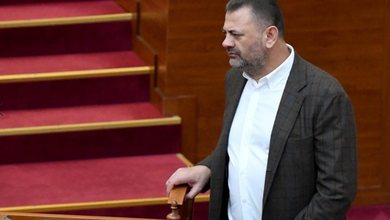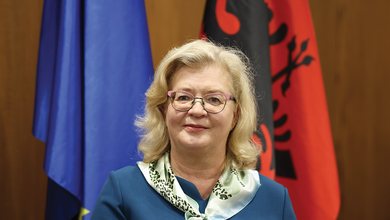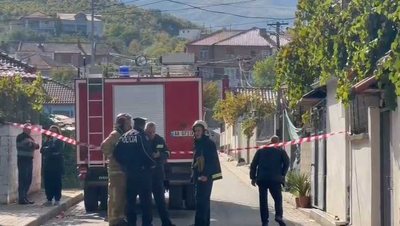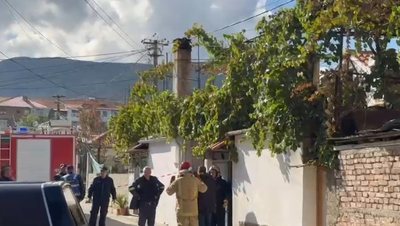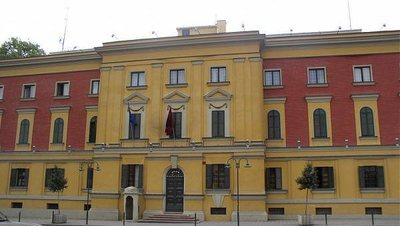
In today's episode of his podcast "Flasim", Edi Rama appeared again in his favorite version: the prime minister who asks and answers questions himself, who confesses the fatigue of power in the tone of a misunderstood martyr, and who, despite everything, calmly declares that he has no intention of leaving. "Yes, sometimes I think about leaving everything, but it's something superficial," he said, closing any hope of rotation as easily as closing a podcast chapter.
But for whom is this fatigue superficial? Because for the citizen who wakes up early to pay the bills, for the parent who counts every penny of the week, for the tired doctor, for the teacher who has been waiting for a salary increase for years – the fatigue is deep, of the day, of life. And while Rama explains that “when you reach the top, you are alone,” many understand that he was talking about the top of power, not the top of the burden that society bears.
The greatest irony of “Flasim” is that this podcast talks a lot, but listens little. It talks about walls, about time that has passed, about lonely decisions – while outside, the walls are damp, the clock does not tick, and the decisions are made by others. In a country where every year passes faster, but every day seems heavier, the prime minister talks about his loneliness at the top, while the people below face the loneliness of survival.
In the end, “Flasim” is like a mirror that reflects light only one way. It speaks to the tired at the top, while the truly tired are not even invited to the podcast. And so, as Rama continues the new season of “Flasim,” Albania continues the old season of silence.








